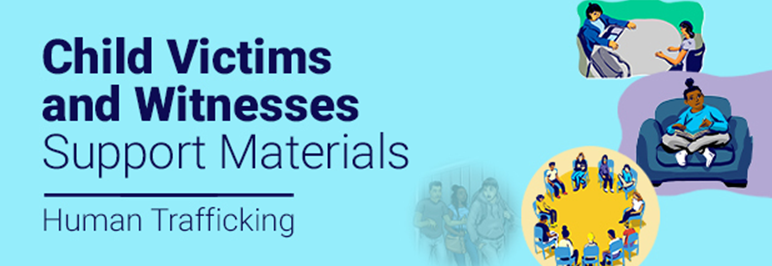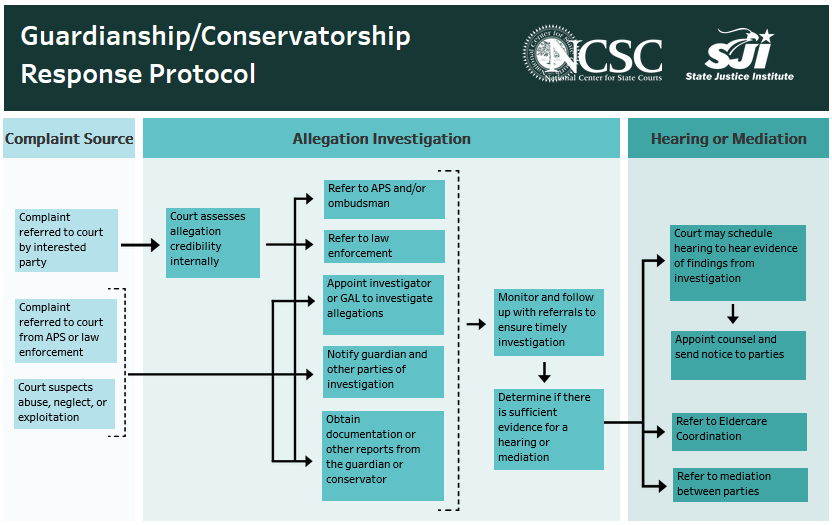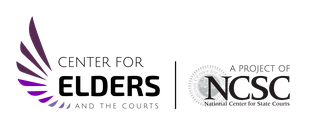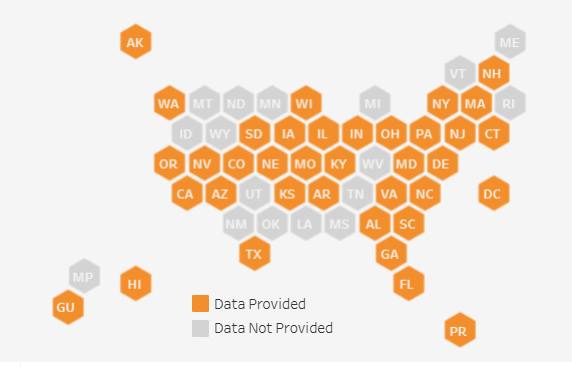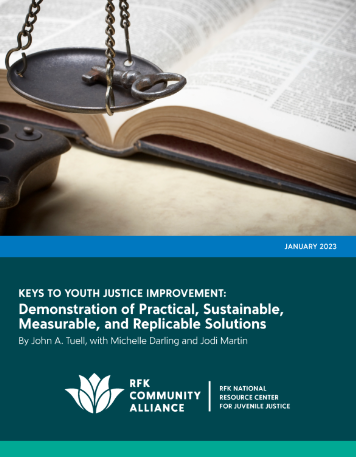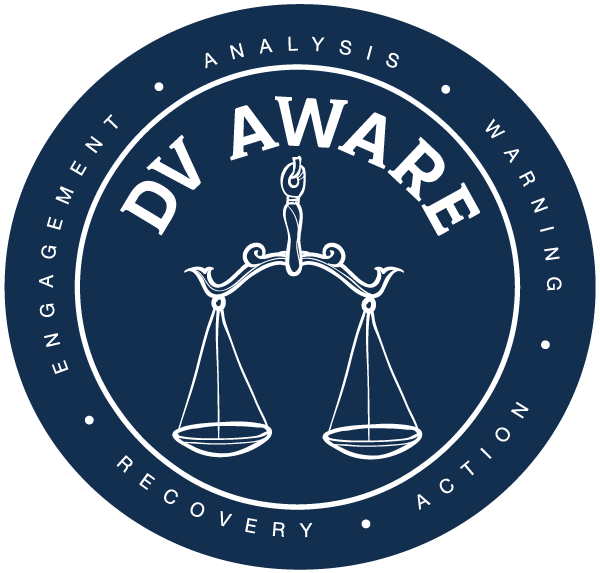The Bureau of Justice Assistance (BJA) is seeking applications to respond to illicit substance use and misuse to reduce overdose deaths, promote public safety, and support access to treatment and recovery services in the criminal justice system. Awards will be made in two categories for the following amounts:
- Category 1: Local Applications
Subcategory 1a—An urban area or large county with a population greater
than 500,000: up to $1,600,000
Subcategory 1b—A suburban area or medium-size county with a population between 100,000 and 500,000: up to $1,300,000
Subcategory 1c—A jurisdiction is considered rural if the applicant is all or part of a county that is either entirely rural or is an urban or suburban county that contains rural census tracts as identified by the Rural Health Grants Eligibility Analyzer. Municipalities other than counties, such as towns or cities, must enter the county the municipality resides within to search the analyzer. If the analyzer identifies the county entered as rural, then the applicant is eligible to apply within this subcategory. All jurisdictions that are not designated as rural via the analyzer but have a population of less than 100,000 should apply in subcategory 1b. All federally recognized Indian tribes must apply under this subcategory.: up to $1,000,000
- Category 2: State Applications
Applications from State Administering Agencies (SAA) responsible for directing criminal justice planning, the State Alcohol and Substance Use Agency, or other state agencies appropriate for the scope of the project; in addition, they must apply for funding on behalf of at least six localities, tribal entities, or areas within the state and assist with implementing projects at those sites.: up to $7,000,000
Period of performance start date: October 1, 2023
Period of performance duration: 36 months
Grants.gov Deadline: March 21, 2023, 8:59 p.m., ET
Application JustGrants Deadline: March 28, 2023, 8:59 p.m., ET
In FY 2023, applications must be submitted in a two-step process:
Step 1: Applicants will submit an SF-424 and an SF-LLL in Grants.gov at https://www.grants.gov/web/grants/register.html.
Step 2: Applicants will submit the full application, including attachments, in JustGrants at JustGrants.usdoj.gov. To be considered timely, the full application must be submitted to JustGrants by the JustGrants application deadline. Visit https://bja.ojp.gov/funding/opportunities/o-bja-2023-171527 for solicitation information, eligibility details, and application guidelines.
